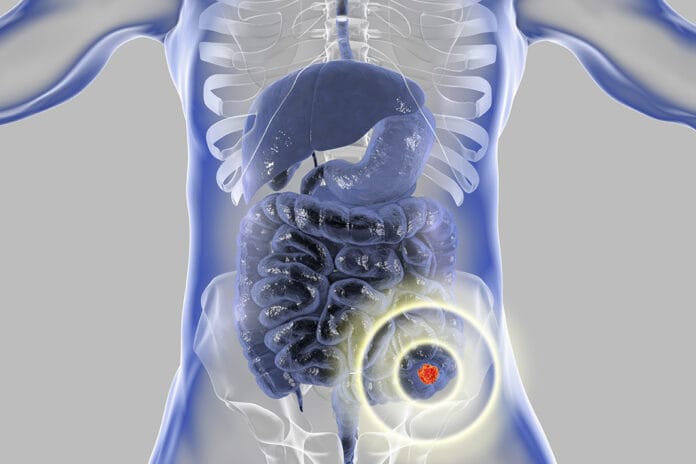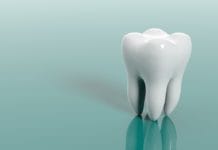Poor oral health is associated with a 21% increased risk of colorectal cancer, new research confirmed. The scientists came to this conclusion after evaluating the results of 14 studies that involved 634,744 participants. The study was published in the December 2020 edition of the International Journal of Dental Hygiene.
Information About Colorectal Cancer
According to statistics gathered by the American Cancer Society, colorectal cancer is the third most common cancer type in both men and women in the United States. This means that one in 23 men and one in 25 women will develop colorectal cancer during their lifetime. There are more than 1.5 million survivors of colorectal cancer in the United States, and an estimated 52,980 people are expected to die from the disease in 2021.
The Centers for Disease Control and Prevention describes colorectal cancer as an illness that occurs when a polyp develops in the colon or rectum’s inner lining. Both organs are part of our digestive or gastrointestinal system and make up the large intestine. The colon, which resembles a thick, muscular tube, allows digested food to travel from the small intestine to the rectum. Meanwhile, the rectum functions as a passageway for the remaining waste inside the colon to finally reach the anus so that it can be expelled from the body.
A polyp is an abnormal growth comprised of a cluster of cells. Polyps fall into two major categories, neoplastic or non-neoplastic. Although both can harm the colon or rectum, neoplastic polyps are more likely to become cancerous when left untreated and not removed surgically. Patients who regularly visit their doctor and undergo regular health screenings are more likely to detect the polyps early before they can grow larger and negatively impact their health.
The signs and symptoms of colorectal cancer range from mild to serious. Below are some of the most common that patients may experience when they are ill:
- Severe pain or cramps in the abdomen region
- Excessive gas
- Blood visible in bodily waste
- Bloating
- Constipation
- Weakness or fatigue
- Rapid and unexplained weight loss
Patients are more likely to be diagnosed with colorectal cancer if they are smokers, overweight, or over the age of 50 years old. Other serious risk factors include people who suffer from an inflammatory bowel disease or have a history of colorectal cancer in their immediate family.
Information About the Meta-Analysis Study
The study, conducted by Chinese researchers at Anhui Medical University, used meta‐analysis to further explore the association between periodontal disease and colorectal cancer. They decided to use this type of approach because it would allow them to analyze a large volume of scientific research at once and easily identify new trends.
The scientists examined 855 articles that discussed a wide range of observational studies and literature research published before February 2020 for the meta-analysis, including 14 studies that had 634,744 total participants. The team of Chinese researchers evaluated the relative risk of patients with periodontal disease developing colorectal cancer using the Newcastle‐Ottawa Quality Assessment Scale.
The research team found a 21 percent increase in the risk of developing colorectal cancer among participants with severe periodontal disease, compared to others with a healthy mouth. However, they could not find a significant association that affected the patient’s chances of passing away due to colorectal cancer. As a result of their findings, the scientists believe dentists and other medical professionals should encourage patients with poor oral health to work on their dental hygiene and undergo regular screenings for colorectal cancer.











